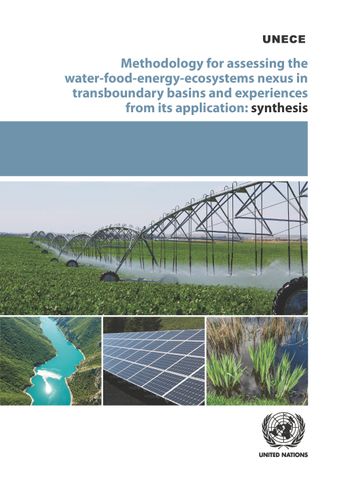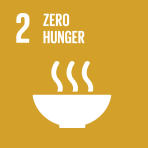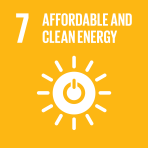Methodology for Assessing the Water-Food-Energy-Ecosystem Nexus in Transboundary Basins and Experiences from its Application
Synthesis

Abstract
This synthesis publication contains lessons from assessments of interlinkages, trade-offs and benefits in managing water, energy and land/agriculture, as well as protecting the environment in transboundary basins in Southern Europe, the Caucasus, Central Asia and North Africa. These have been drawn from the collective experience of Parties to the Water Convention and other States, joint bodies, as well as other stakeholders who participated in these nexus assessments. The synthesis publication consolidates the methodology for assessment of nexus issues and for identification of solutions in transboundary basins, developed under the Convention on the Protection and Use of Transboundary Watercourses and International Lakes in 2013-2015, which so far has been applied in seven basins. The publication was developed in response to the decision by the Meeting of the Parties in 2015 to promote the application of the methodology in other basins worldwide by sharing experience. The publication also aims to foster follow-up action to the nexus assessments. Coherence between sectoral policies, but also with environment and climate policies, and integrated planning are major challenges for many countries. Related shortcomings result in negative impacts causing friction between riparian countries, in inefficiencies at different levels and missed opportunities for more sustainable and cooperative development. The international community explicitly calls for a nexus approach to the implementation of the Sustainable Development Goals (SDGs). The assessments applying the methodology provide a better basis to address these challenges, firstly by a structured analysis, considering technical aspects and governance across sectors, and, secondly, by an intersectoral transboundary dialogue. The resulting insights can also help reinforce national efforts to optimize resource use, including increasing efficiency, improve policy coherence and achieve co-management benefits. The main audience are sectoral authorities of countries seeking to initiate, broaden or revisit transboundary cooperation; regional organizations and cooperation organizations; International organizations and bilateral development partners.




